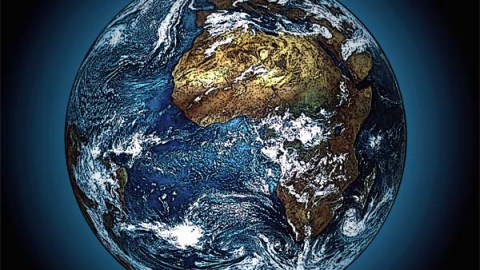Globalization: Civilization’s False Discontent

What’s the Latest Development?
A new set of statistics gathered by an Indian-born Harvard economist working in Barcelona, Spain, implies that visions of a globalized world are often more fancy than fact. According to Pankaj Ghemawat, less than one percent of all mail and less than two percent of all calls are international; less than three percent of the world’s population are first-generation immigrants; international Internet traffic accounts for only 17 to 18 percent of all Internet traffic; 90 percent of the world’s population will never leave their home country.
What’s the Big Idea?
In his book Physics of the Future, physicist and futurist Michio Kaku envisions a world with a “unified culture of common foods, fashions and films and a truly global economy with many more international trading blocs such as we see today in the European Union and N.A.F.T.A.” But is a truly global society compatible with our nature? No, say those who emphasize the importance of kinship and trust in human affairs. Further statistics from Ghemawat confirm, for example, that international trade is dictated as much by cultural practices as economic data.





